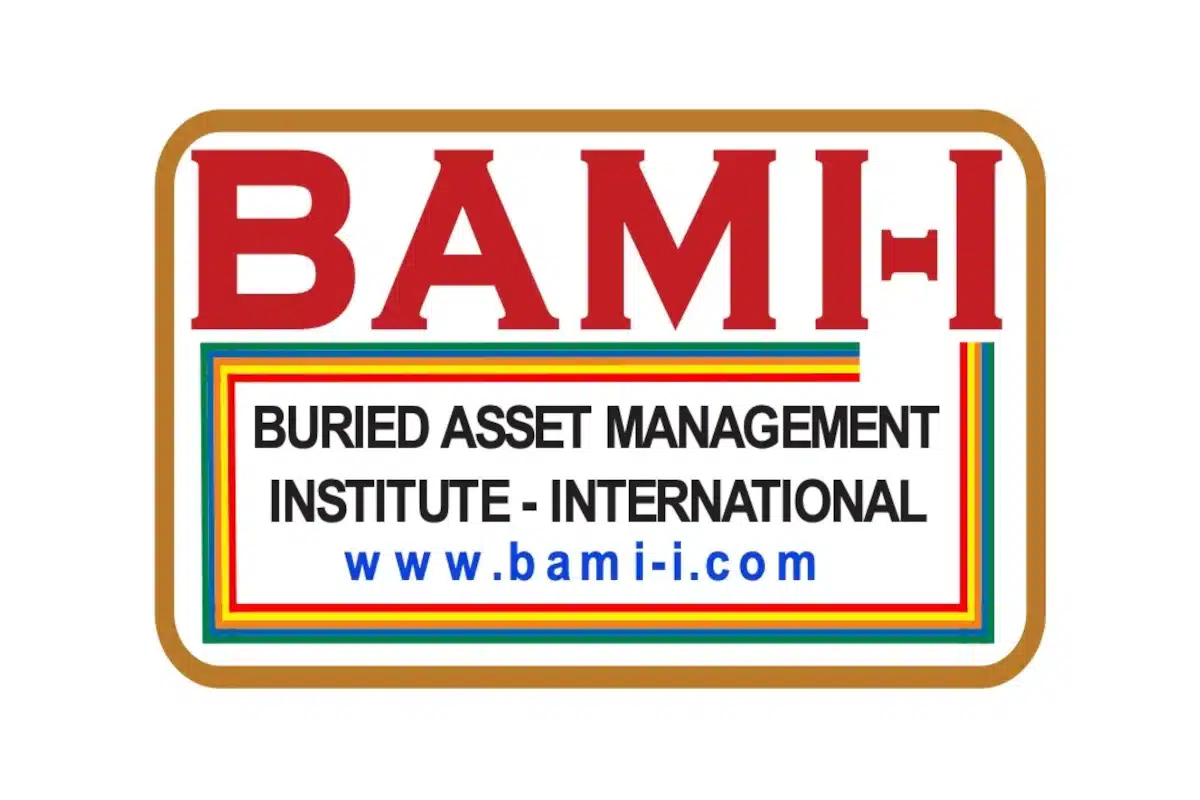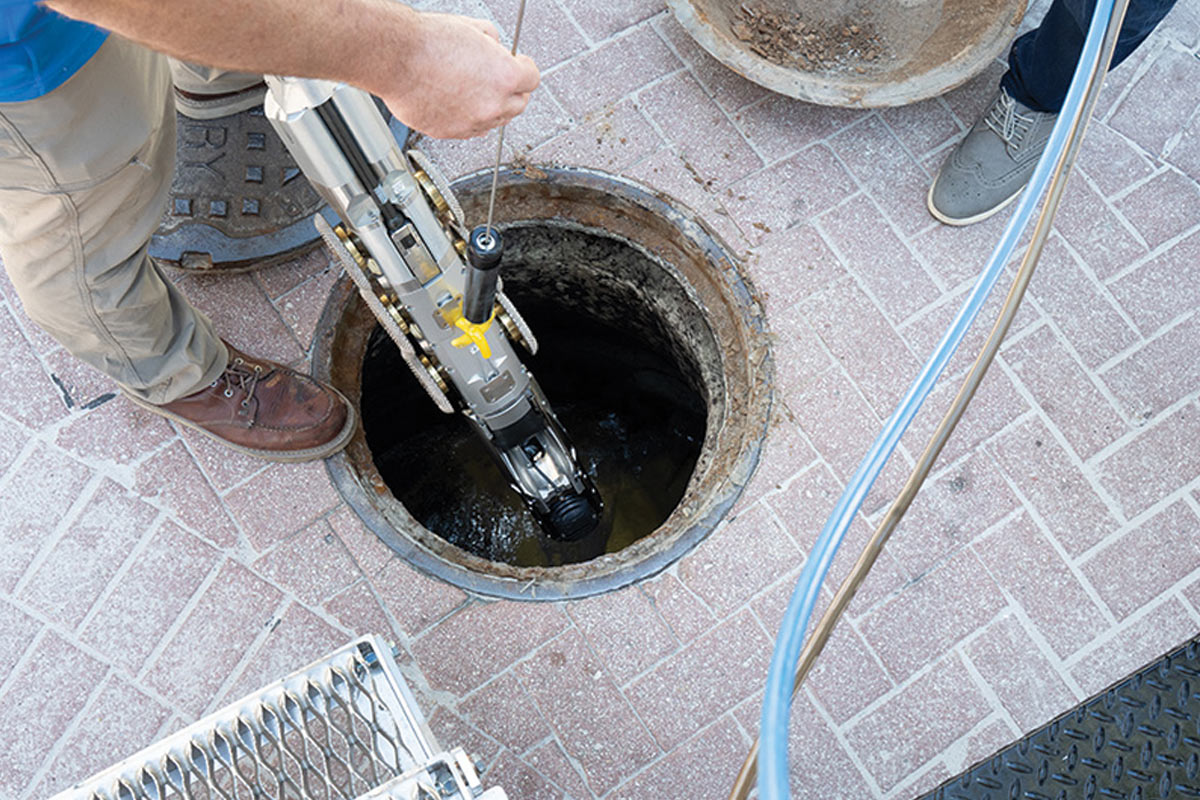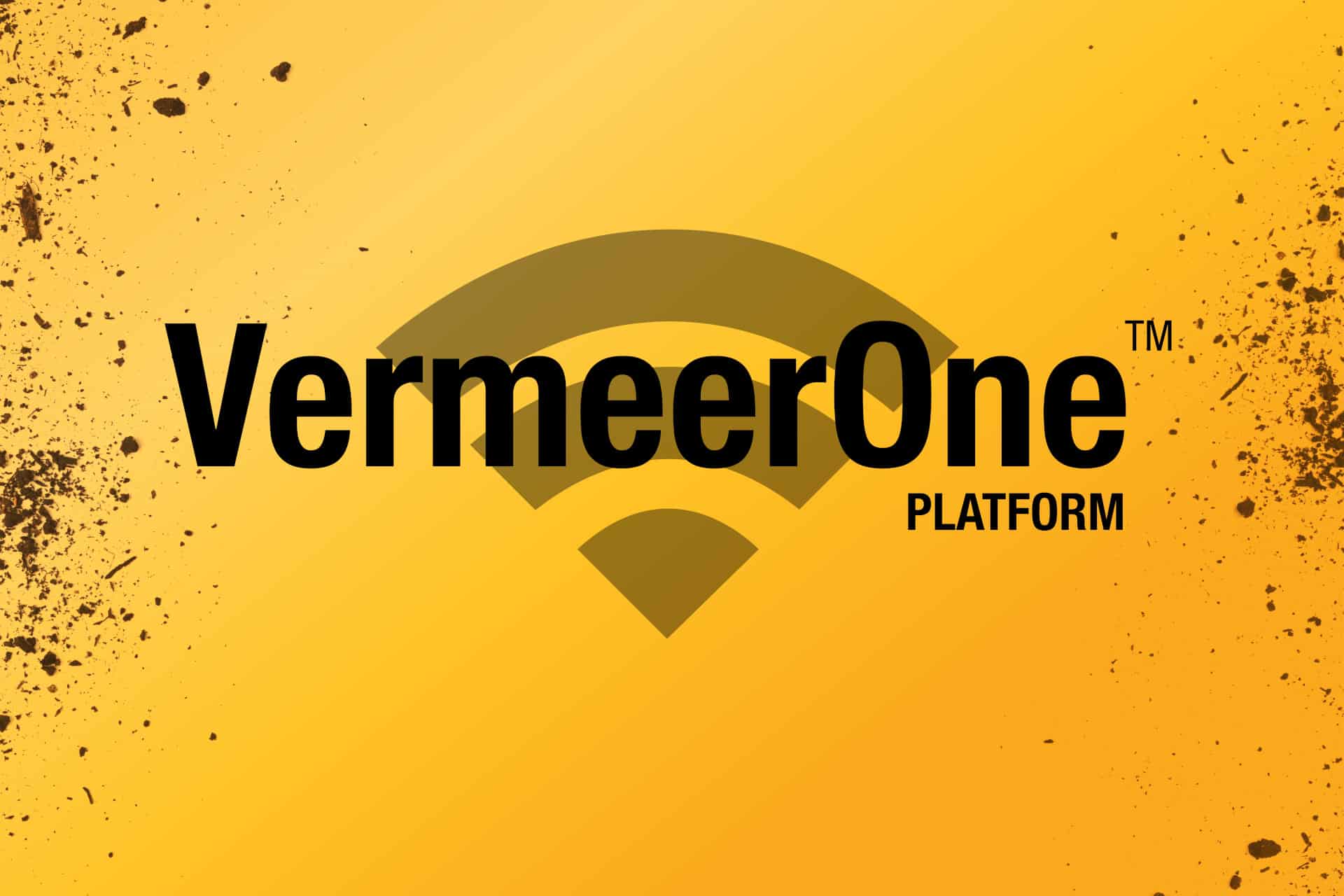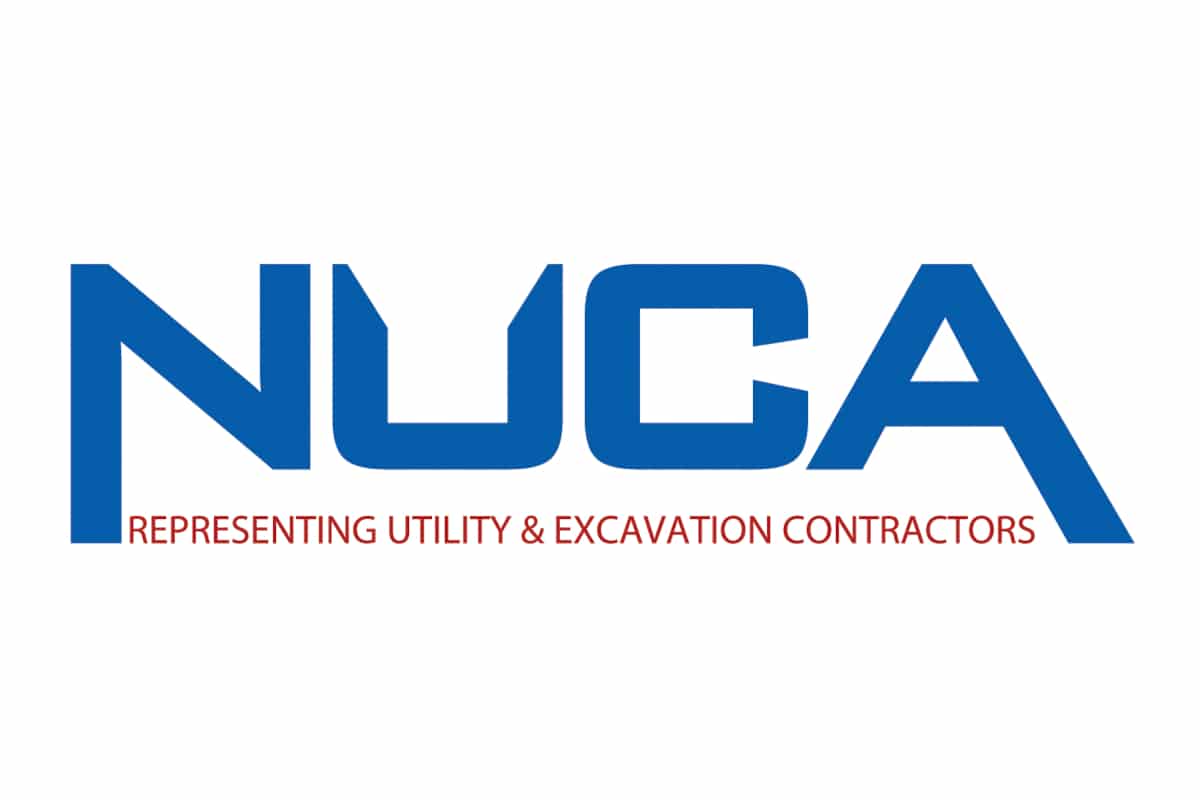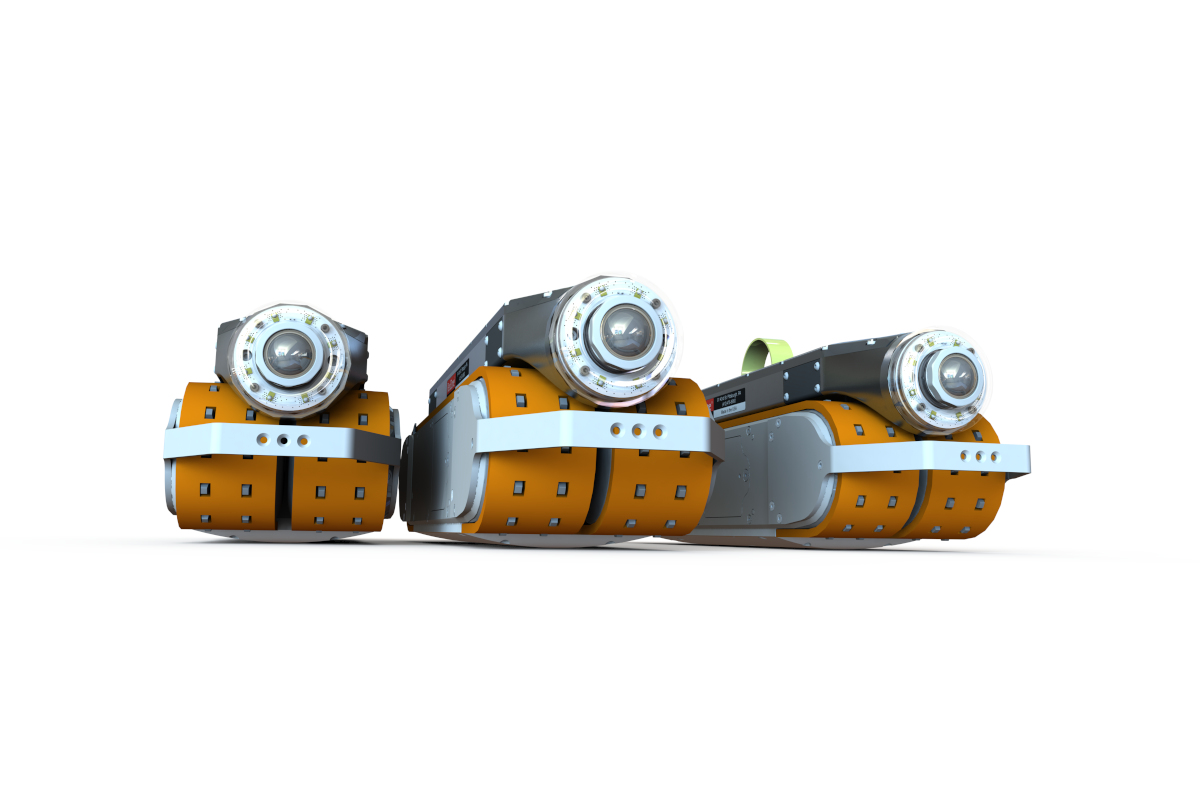
Enhancing Sewer Infrastructure Assessment with Autonomous Robots
DC Water, responsible for managing the vast sewer infrastructure in Washington, D.C., faces a daunting challenge. It is tasked with inspecting and maintaining approximately 4 million ft of small diameter sewer lines.
To ensure the reliability and efficiency of this critical infrastructure, DC Water has partnered with RedZone Robotics. They are leveraging its Solo autonomous robots to revolutionize sewer inspections. This collaboration not only enhances the understanding of both operational and structural conditions. It also prioritizes maintenance efforts effectively.
Additionally, through a mentor-protégé program, DC Water and RedZone Robotics are fostering the growth of diverse firms. They are equipping these firms with the necessary skills to operate these advanced robotic systems.
The Role of Autonomous Robots
Traditional sewer inspections require significant human intervention, often involving confined-space entries, extensive labor, and costly equipment. The process can be time-consuming and hazardous. RedZone Robotics has addressed these challenges with its Solo autonomous robots, compact and self-sufficient robotic devices designed for sewer assessment.
DC Water is transforming the way it manages its sewer collection system. It is using autonomous inspection technology to collect critical data on underground infrastructure. These innovations allow the utility to monitor pipe conditions more safely, efficiently, and proactively than ever before.
By deploying autonomous robotic tools equipped with high-definition cameras and advanced sensors, DC Water is able to gather detailed visual and structural information from within small-diameter sewers. This is done without the need for human entry into hazardous environments. The data collected is analyzed in real time, giving engineers the insights they need to assess the health of the system. They also prioritize maintenance and rehabilitation based on actual conditions.
“The real-time data provided by this technology has directly informed both our maintenance strategies and rehabilitation programs,” said Nichol Bell Sowell, senior manager of inspection and maintenance at DC Water. “It’s proven to be efficient and effective in our dense urban environment. It minimizes disruptions to traffic, the community, and our customers.”
Key Impacts of Autonomous Sewer Inspection at DC Water
- Data-Driven Decision Making: High-resolution imaging and sensor data empower DC Water to make more informed and targeted maintenance decisions.
- Increased Efficiency: Autonomous tools streamline the inspection process, enabling faster assessments across large segments of the system.
- Enhanced Safety: Removing the need for human access to confined spaces greatly reduces risks to personnel.
- Cost-Effective Operations: Automation helps reduce labor demands and the need for heavy inspection equipment, leading to long-term cost savings.
- Proactive Infrastructure Care: Continuous monitoring helps identify early signs of deterioration, allowing DC Water to act before issues escalate.
By integrating autonomous technologies into its inspection and maintenance programs, DC Water is advancing toward a smarter, more resilient infrastructure management approach. This approach prioritizes safety, efficiency, and sustainability for the communities it serves.

Prioritizing Sewer Maintenance through Data-Driven Insights
DC Water’s collaboration with RedZone Robotics is transforming the way sewer infrastructure is managed. The high-resolution imagery and condition data collected by Solo robots enable engineers to classify pipelines based on their structural and operational health. This classification allows DC Water to allocate resources effectively. It prioritizes repairs and maintenance for critical areas while deferring work on sections in satisfactory condition.
Operational conditions, such as blockages, sediment buildup, and flow disruptions, are assessed in real time. Structural conditions, including cracks, joint misalignments, and corrosion, are also analyzed to determine the long-term integrity of sewer lines. By integrating this data into their asset management systems, DC Water can strategically plan repairs. This reduces the risk of unexpected failures and improves overall service reliability.
Mentor-Protégé Program
Beyond enhancing sewer inspections, DC Water and RedZone Robotics are committed to fostering diversity in the engineering and infrastructure sectors. Through a mentor-protégé program, they are training diverse firms to operate Solo autonomous robots. This provides them with valuable experience in advanced infrastructure inspection technologies.
The mentor-protégé initiative pairs smaller, minority-owned, and disadvantaged business enterprises (DBEs) with experienced industry leaders. Participants receive hands-on training in deploying, operating, and interpreting data from Solo robots. This training empowers these firms to compete in the infrastructure maintenance sector. It opens new business opportunities and promotes economic inclusion within the local community.
Impact of the Mentor-Protégé Program
The program delivers significant benefits, including:
- Workforce Development: Equipping minority firms with technical skills enhances workforce capabilities, enabling them to undertake complex infrastructure projects.
- Economic Growth: By expanding the pool of qualified service providers, the program stimulates economic development within underrepresented communities.
- Innovation and Knowledge Transfer: Smaller firms gain access to cutting-edge technology. This accelerates their growth and enhances their competitive edge in the industry.
- Strengthened Infrastructure Management: A well-trained workforce ensures that sewer inspections are performed with the highest standards. This contributes to the overall resilience of the city’s sewer systems.
Conclusion
DC Water’s partnership with RedZone Robotics represents a forward-thinking approach to infrastructure management. By integrating Solo autonomous robots into sewer inspections, DC Water is achieving unparalleled efficiency, safety, and cost-effectiveness. The initiative not only enhances the understanding of operational and structural conditions. It also enables proactive maintenance strategies that extend the lifespan of critical infrastructure.
Moreover, the mentor-protégé program underscores a commitment to diversity and inclusion. It empowers local firms with the skills and technology needed to thrive in the industry. As DC Water continues to lead by example, its collaboration with RedZone Robotics serves as a model for other municipalities. These municipalities seek to modernize their infrastructure while fostering economic growth and innovation.
Sam Cancilla is vice president of business development at RedZone Products Inc.

